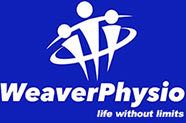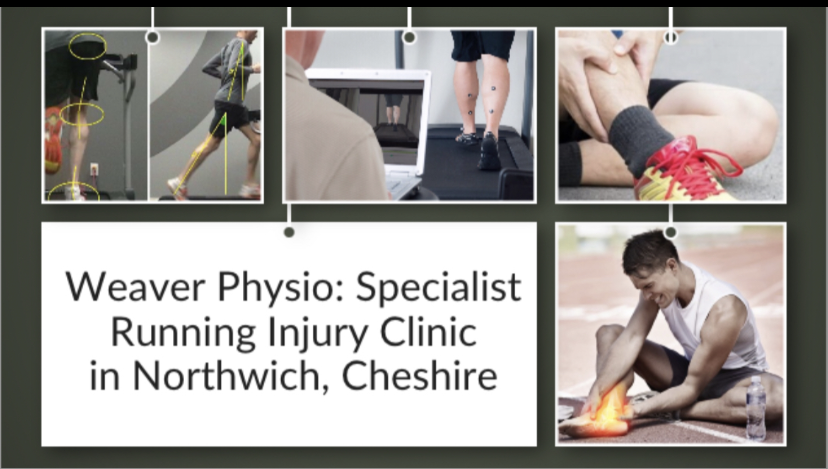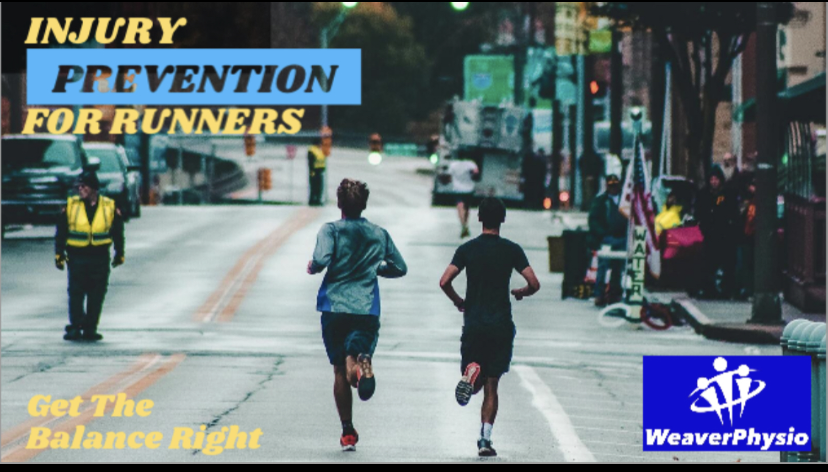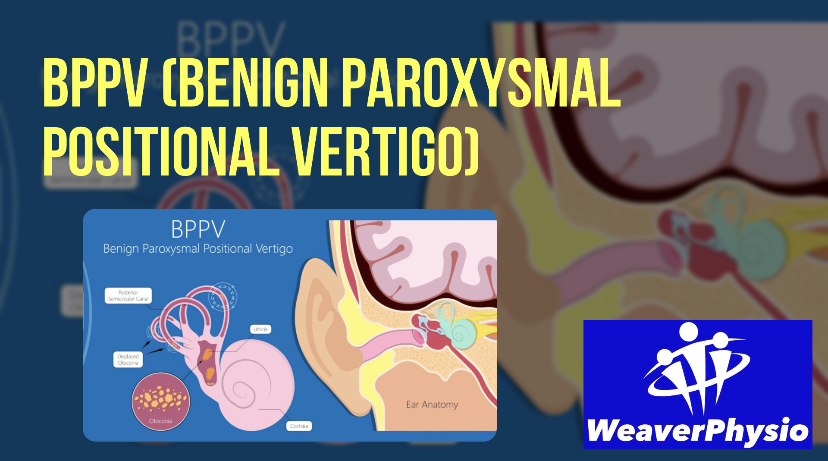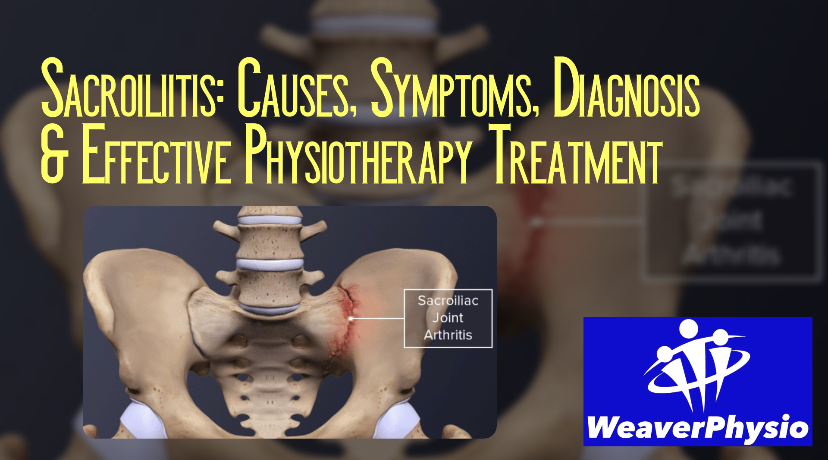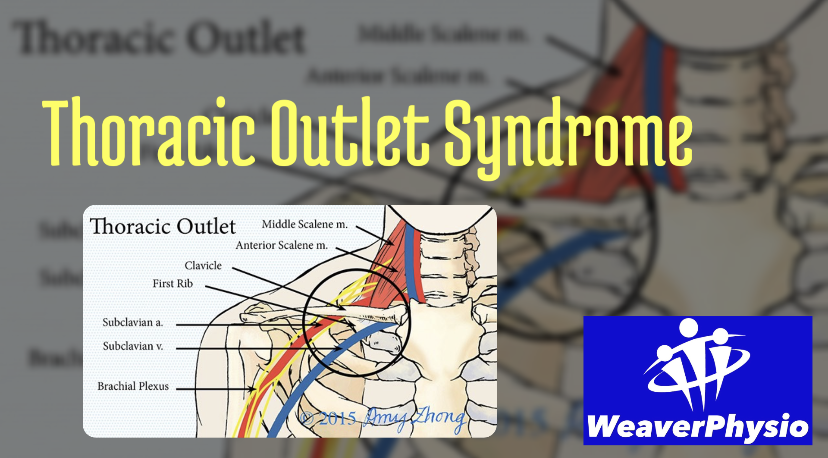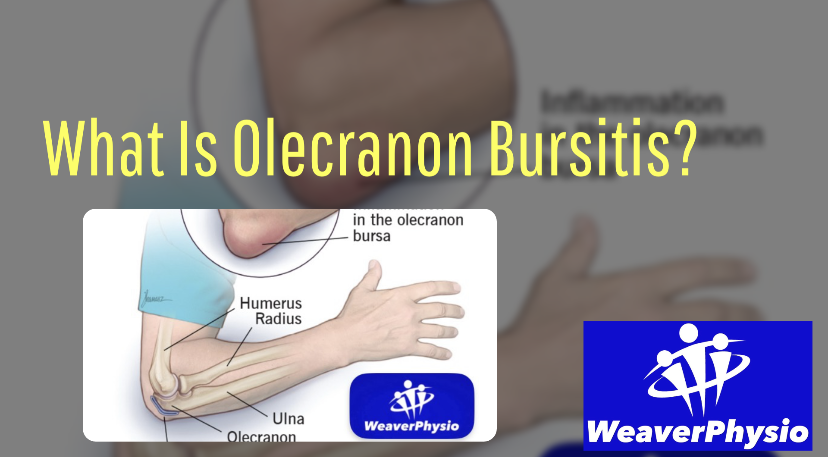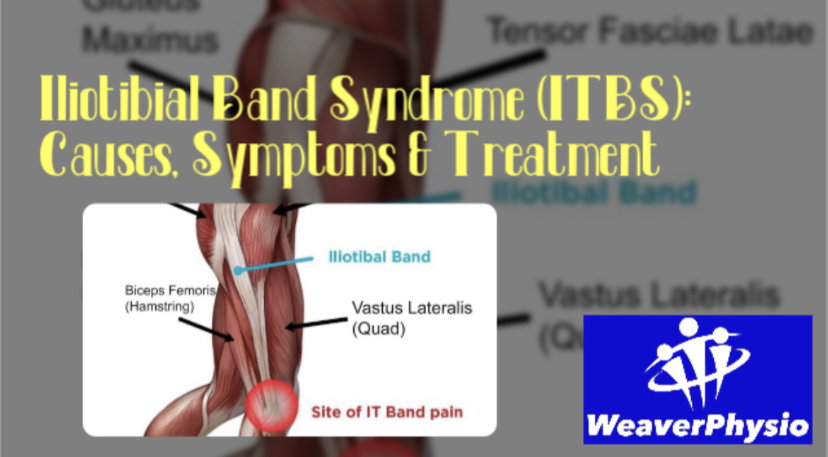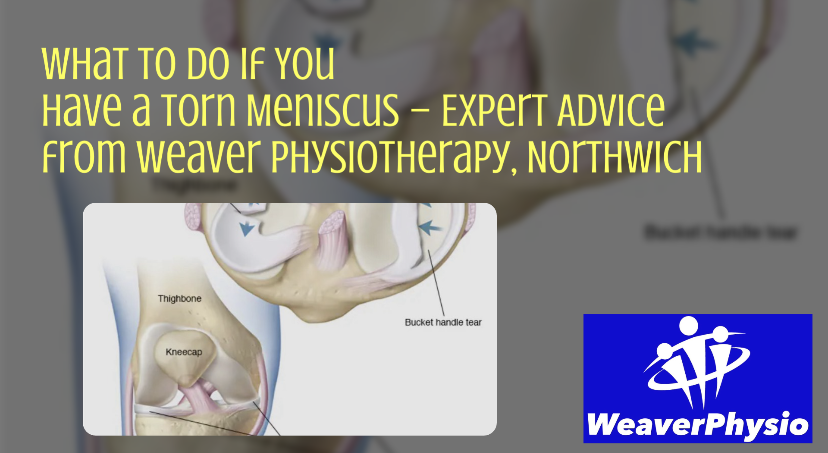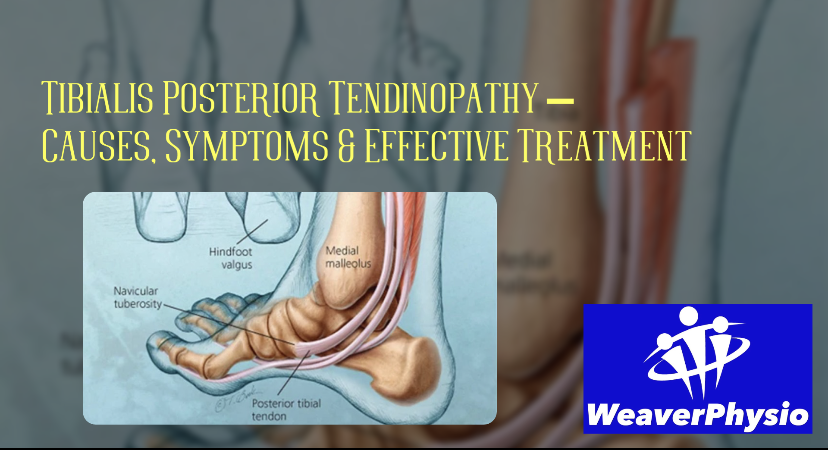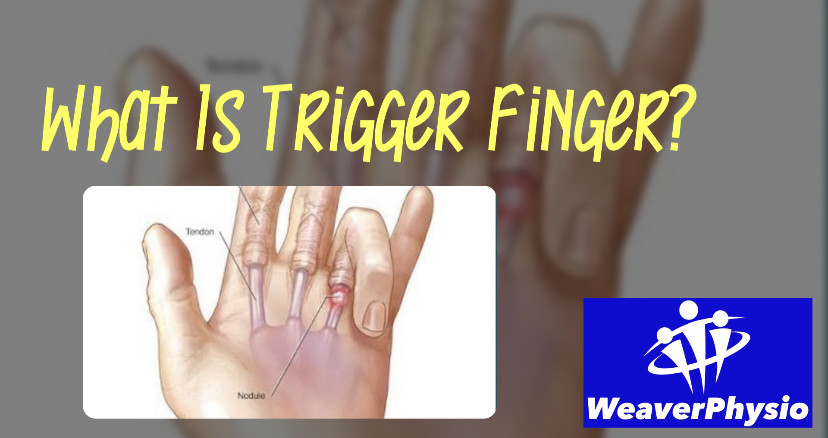Sporting kids
Helping Young Athletes Stay Strong, Safe, and Injury-Free
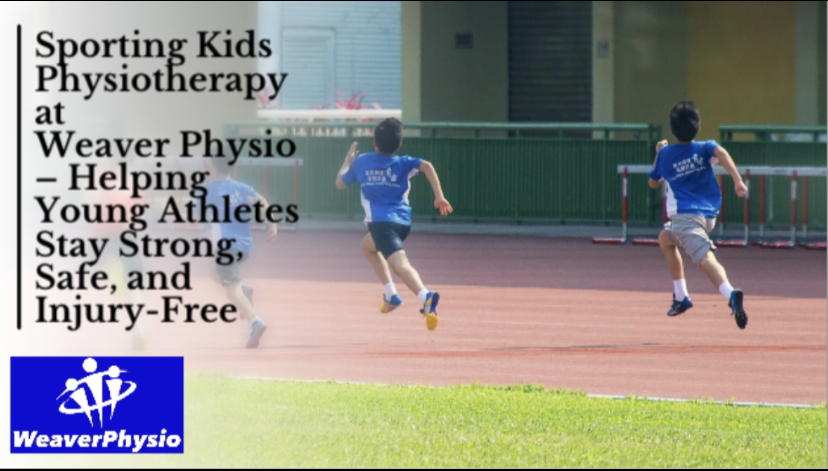
At Weaver Physiotherapy & Sports Injury Clinic in Northwich, we know how much sport means to children and their families. Whether it’s football, gymnastics, swimming, rugby, or athletics—being active helps kids develop strength, coordination, confidence, and teamwork skills. But with sport also comes the risk of injury, overuse, and growing pains.
That’s where we come in.
We offer specialist sporting kids physiotherapy in Northwich designed to support young athletes through every stage of their journey—whether they’re recovering from injury, managing pain, or aiming to prevent future problems. Our experienced team is here to help children move better, perform better, and stay pain-free while doing what they love.
⸻
What Is Sporting Kids Physiotherapy?
Sporting kids physiotherapy focuses on treating and preventing musculoskeletal injuries in children and teenagers who are involved in regular physical activity or sport. Unlike adult physiotherapy, this approach takes into account the growing body and the specific needs of active children.
At Weaver Physio, we use a combination of expert assessment, hands-on treatment, exercise therapy, and movement retraining. Most importantly, we keep sessions fun, positive, and age-appropriate—because kids respond best when they enjoy the process.
⸻
Common Sporting Injuries in Kids
Children and teens are not immune to injury—especially when they’re involved in high-level or frequent sport. Some of the most common conditions we treat include:
• Osgood-Schlatter’s Disease – knee pain from tendon strain at the shinbone
• Sever’s Disease – heel pain from growth plate irritation
• Ankle sprains
• Knee pain and patellofemoral syndrome
• Shin splints and lower leg pain
• Hip or groin strain
• Back pain in young gymnasts and swimmers
• Shoulder injuries from throwing or racquet sports
• Overuse injuries from repetitive training
We also treat post-fracture stiffness, return-to-play concerns, and early signs of burnout or overtraining in competitive juniors.
⸻
The Importance of Early Intervention
Children are resilient, but they’re also growing. Ignoring pain or pushing through injury can lead to long-term problems and delayed healing. Getting the right treatment early reduces the risk of future complications and supports a healthy return to sport.
At Weaver Physio, we assess the root cause—not just the symptoms. We look at strength, biomechanics, posture, flexibility, sport technique, and training load to build a full picture of your child’s needs.
⸻
Our Approach to Sporting Kids Physiotherapy
At our Northwich clinic, we take a comprehensive, family-friendly approach that includes:
✔️ Detailed Assessment
We start with a thorough assessment of your child’s injury, training routine, growth stage, and sporting goals. This helps us tailor a specific rehab plan that suits their age, ability, and sport.
✔️ Individualised Treatment Plan
No two kids are the same. We create bespoke plans that combine manual therapy, strengthening, balance work, taping, and mobility exercises, with clear goals for recovery and prevention.
✔️ Sport-Specific Rehab
We incorporate sport-specific drills and movement retraining to ensure your child returns to their sport safely and confidently. Whether it’s kicking, jumping, throwing, or sprinting—we prepare them to move well again.
✔️ Education for Kids and Parents
We explain everything clearly to children and parents so you can understand what’s happening, how to support recovery at home, and when it’s safe to return to training or matches.
✔️ Injury Prevention Advice
We don’t just treat injury—we aim to stop it recurring. Our physiotherapists advise on warm-ups, recovery, footwear, stretching routines, and workload management to reduce injury risk long term.
⸻
Why Choose Weaver Physio?
At Weaver Physio, we’re trusted by families across Cheshire for expert, compassionate physiotherapy care for children and young people.
Here’s why so many parents choose us:
• 🧒 Experienced in treating active and sporting children
• 🏆 Sports injury specialists with extensive clinical knowledge
• 💬 Clear communication with children, parents, coaches, and clubs
• 🧩 Play-based, positive rehab sessions that build confidence
• 📍 Convenient Northwich location with free parking and flexible appointments
We also support collaboration with schools, sports coaches, and other health professionals when needed—ensuring your child’s care is seamless and supportive at every level.
⸻
Benefits of Kids Sports Physio at Weaver Physio
Sports physiotherapy offers multiple benefits for growing athletes:
✅ Faster Recovery
Targeted treatment helps reduce pain, swelling, and stiffness—accelerating healing so your child can return to sport stronger.
✅ Reduced Risk of Re-Injury
We address strength imbalances, poor movement patterns, and training errors to reduce the chance of repeat injuries.
✅ Better Performance
Physio can improve strength, flexibility, posture, and coordination—giving your child a performance edge on the pitch, mat, or court.
✅ Confidence Boost
A supported, gradual return to sport helps rebuild trust in the injured area and boosts a child’s confidence to move without fear.
✅ Healthy Habits for Life
Our physios help kids understand their bodies, teaching skills that promote long-term health, injury prevention, and better training practices.
⸻
When to See a Physiotherapist
It’s not always obvious when to seek help—but here are some signs your child could benefit from sports physiotherapy:
• Complaining of pain during or after sport
• Limping or avoiding certain movements
• Difficulty keeping up with teammates
• Recurrent injuries or “niggles” that won’t go away
• Growing pains that affect daily activities
• Post-injury stiffness or reduced performance
• Worry or anxiety about returning to sport
If you’re unsure, book an assessment. A quick check now can prevent more serious problems later.
⸻
Supporting Kids of All Abilities
Whether your child is playing in the school team, training at an academy, or just loves being active, Weaver Physio is here to support them. From injury recovery to performance enhancement and prevention strategies, we ensure kids stay active, safe, and strong throughout their sporting journey.
⸻
Book a Kids Physio Appointment Today
Looking for trusted kids sports physiotherapy in Northwich? At Weaver Physio, we’re here to help your child bounce back, build resilience, and move better—for sport and for life.
📍 Visit us at http://www.weaverphysio.com
📞 Call 01606 227484
📧 Email weaverphysio@outlook.com
Let’s support your child’s sporting journey—stronger, safer, smarter.
⸻
#KidsPhysio #SportingKids #ChildrensPhysiotherapy #WeaverPhysio #NorthwichPhysio #PaediatricPhysio #YoungAthletes #SportsInjuryKids #GrowingStrong #OsgoodSchlatters #SeversDisease #PhysioForChildren #ActiveKids #SportsRecovery #MovementMatters #InjuryPrevention #CheshirePhysio
